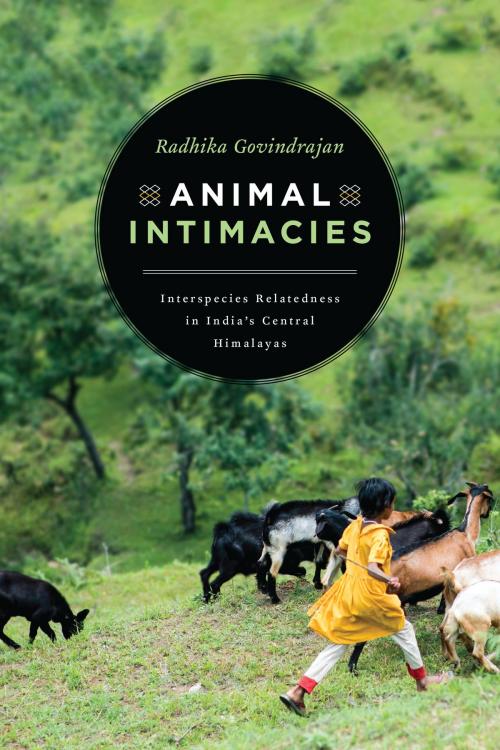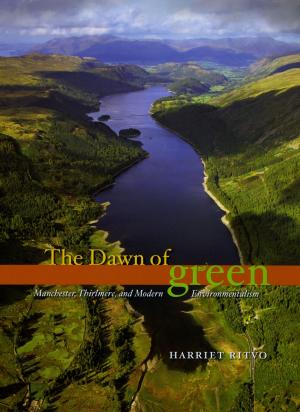Animal Intimacies
Interspecies Relatedness in India's Central Himalayas
Nonfiction, Social & Cultural Studies, Social Science, Sociology, Rural, Anthropology| Author: | Radhika Govindrajan | ISBN: | 9780226560045 |
| Publisher: | University of Chicago Press | Publication: | May 29, 2018 |
| Imprint: | University of Chicago Press | Language: | English |
| Author: | Radhika Govindrajan |
| ISBN: | 9780226560045 |
| Publisher: | University of Chicago Press |
| Publication: | May 29, 2018 |
| Imprint: | University of Chicago Press |
| Language: | English |
What does it mean to live and die in relation to other animals? Animal Intimacies posits this central question alongside the intimate—and intense—moments of care, kinship, violence, politics, indifference, and desire that occur between human and non-human animals.
Built on extensive ethnographic fieldwork in the mountain villages of India’s Central Himalayas, Radhika Govindrajan’s book explores the number of ways that human and animal interact to cultivate relationships as interconnected, related beings. Whether it is through the study of the affect and ethics of ritual animal sacrifice, analysis of the right-wing political project of cow-protection, or examination of villagers’ talk about bears who abduct women and have sex with them, Govindrajan illustrates that multispecies relatedness relies on both difference and ineffable affinity between animals. Animal Intimacies breaks substantial new ground in animal studies, and Govindrajan’s detailed portrait of the social, political and religious life of the region will be of interest to cultural anthropologists and scholars of South Asia as well.
What does it mean to live and die in relation to other animals? Animal Intimacies posits this central question alongside the intimate—and intense—moments of care, kinship, violence, politics, indifference, and desire that occur between human and non-human animals.
Built on extensive ethnographic fieldwork in the mountain villages of India’s Central Himalayas, Radhika Govindrajan’s book explores the number of ways that human and animal interact to cultivate relationships as interconnected, related beings. Whether it is through the study of the affect and ethics of ritual animal sacrifice, analysis of the right-wing political project of cow-protection, or examination of villagers’ talk about bears who abduct women and have sex with them, Govindrajan illustrates that multispecies relatedness relies on both difference and ineffable affinity between animals. Animal Intimacies breaks substantial new ground in animal studies, and Govindrajan’s detailed portrait of the social, political and religious life of the region will be of interest to cultural anthropologists and scholars of South Asia as well.















